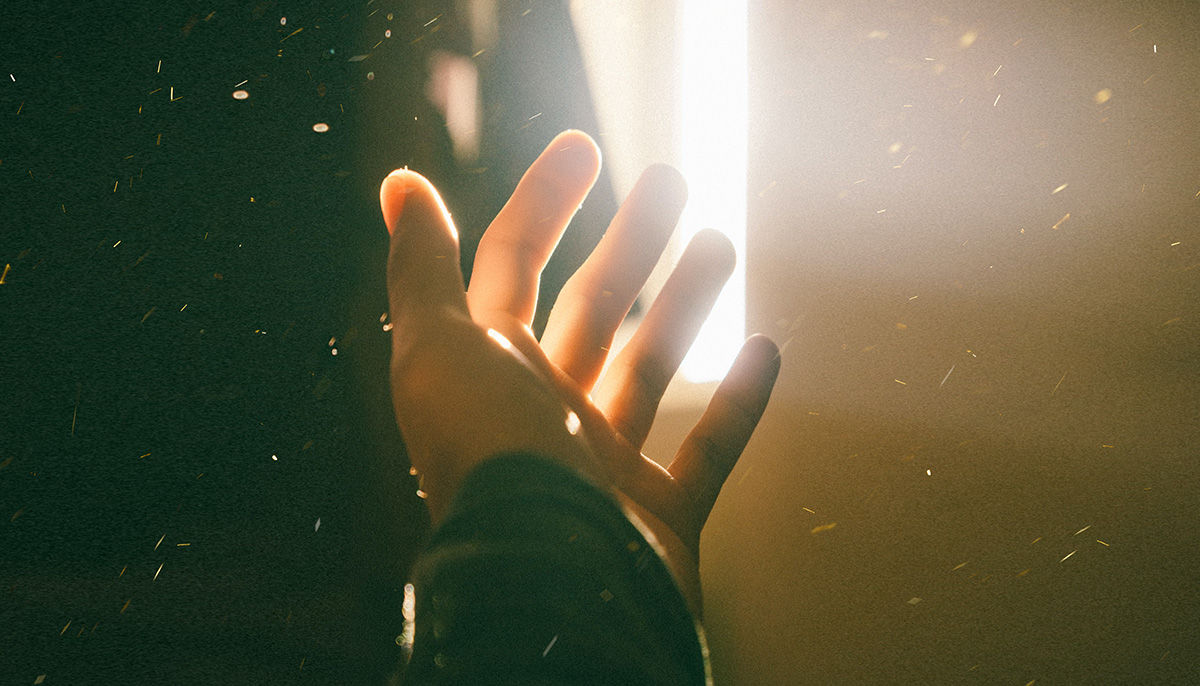My windows look out onto the back of six houses. Before dawn and after dusk, it’s usually just one of my neighbors who has a light on. I don’t know my neighbor, but for years now I’ve found that single glowing rectangle comforting, heartwarming.
Each time I see that light, I’m spontaneously inspired to do an informal loving-kindness practice, wishing my neighbor happiness, health, safety, and ease. I don’t believe my well wishes have any direct, magical impact on him or her, but they make me feel better. They make me feel connected to all people and that in turn makes me more loving to the people I do encounter.
There’s one thing we know for sure: we will need loving-kindness.
As I write this, I am at home sheltering in place, so I’m not exchanging smiles or pleasantries with strangers, or even just sharing space with them on an elevator or in a restaurant. The absence of these brushes with strangers has left a void, but my loving-kindness practice for my neighbor has helped fill it—has helped me maintain equanimity and an open heart.
I don’t know what your situation—or mine—will be by the time you read this, or how the coronavirus crisis will unfold after that. Yet no matter what challenges are to come, there’s one thing we know for sure: we will need loving-kindness. It is sure to be of benefit. It always is.
Buddhism, moreover, has a wealth of other meditations and teachings that can help us weather difficult times—and even be a beacon to others. In this special issue, ten leading Buddhist voices offer us guidance and practices directly addressing the crisis we are going through.
One of the most important things we all need to do is work with our fears. And who better to help us do that than Pema Chödrön? In “The Healing Power in Your Heart,” she says that it never really works to push the feeling of fear away—to deny it, repress it. The only thing that will truly keep our fear from escalating is to turn toward it, honestly and gently. And that, it turns out, is much more than just an effective way to work with fear, says Ani Pema. It’s a way to discover the true power of our heart.
For learning to be fully with ourselves, including with our fear and other difficult emotions, breath meditation is a powerful tool. In “Give Yourself a Little T & B,” Cyndi Lee describes it as one way to tend and befriend ourselves—take care of ourselves. As I see it, this type of self-care puts us in a better position to turn our attention outward and care for others.
In “A Time for Remembering,” Amana Brembry Johnson sees the coronavirus crisis as a wake-up call. While no one ever enjoys absolute security and ease, for many of us life before the pandemic was relatively comfortable, and we look forward to returning to that “normal” state. But for others, says Johnson, “normal has always been uncertain, fearful, and unsafe.” This is a time to recognize where we are on the scale of privilege and contemplate what we can do to create a more just society.
In “Dear Bodhisattvas,” Jack Kornfield offers inspiration. “Coming through this difficulty, what we intend, envision, and nurture, we can do,” he says. “It is time to act, to be the medicine, the uplifting music, the lamp in the darkness.”
So, reader whom I have never met, let’s keep a light on for each other, even if—for now—it is only in our hearts. May you be happy. May you be healthy. May you be safe. May you be at ease.

